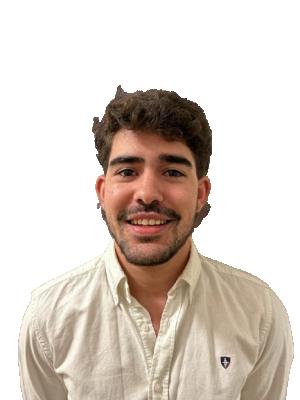New immigration measures introduced by the Trump Administration are causing uncertainty among foreign athletes playing for US franchises
Full article
Trump tightens immigration restrictions and affects Latin American sports stars in the US
The recent immigration policy announced by the Trump administration, which restricts travel and visas, has sidelined several athletes from Latin America and Africa who work for US franchises. During the month of April, the fear of losing their contracts or not being able to return to the country has affected the stability of players in football, basketball and other disciplines.
Since 20 January, when Donald Trump took office for his second term, the White House has reactivated immigration restriction policies, revoking legal status and promoting mass deportations. The situation worsened following a New York Times report in March revealing a draft bill to veto the entry of citizens from up to 43 countries.
Among the nations affected are Cuba, Venezuela, Iran, Syria and Sudan, whose citizens have seen their immigration and employment stability threatened.
Athletes caught up in new restrictions
One of the most alarming cases is that of Sudanese basketball player Khaman Maluach, just 18, who fears deportation following the announcement by Secretary of State Marco Rubio to revoke visas for South Sudanese citizens due to diplomatic conflicts.
Fear has also impacted women's football. Several Venezuelan and Zambian players in the National Women's Soccer League (NWSL) opted not to travel for national team training camps in April to avoid the risk of not being able to return to the US.
.jpg)
Venezuelan Deyna Castellanos, now with the Portland Thorns, said: "The uncertainty of being able to go home and not knowing if I will be able to return is terrifying. Along with her, other compatriots such as Bárbara Olivieri, Gabriela Angulo and Mariányela Jiménez also stayed in US territory for "immigration reasons", according to the Venezuelan Football Federation (FVF).
In the case of Zambia, players such as Barbra Banda, Grace Chanda and Racheal Kundananji also declined to travel with their national team to China for the same reasons.
Are they really at risk?
Although there has been widespread alarm, many elite sportsmen and women are on P visas, specifically for recognised athletes. This visa allows them to enter, leave and stay in the US under the terms of their sporting contracts, providing some immigration protection from the new restrictions.
However, uncertainty remains. In Major League Baseball, for example, 94 Venezuelans, 26 Cubans and 2 Haitians are on the starting roster for the 2025 season. Many of them come from countries on the risk lists announced by the White House.
Although the specific visa provides security, the shadow of possible deportation or immigration complications hangs over athletes who, until now, enjoyed a certain peace of mind to pursue their careers on US soil.
Comments
Related links
Main menu












